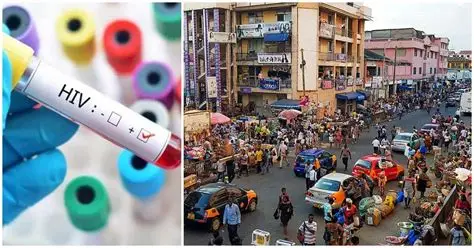Ghana Set to Roll Out HIV Preventive Drug in 2026 to Strengthen Public Health Response
Ghana is preparing to introduce a preventive HIV drug in 2026, in a major step toward reducing new infections and improving access to pre-exposure prophylaxis (PrEP) nationwide. The announcement was made by the Ghana AIDS Commission, which is spearheading the initiative as part of the country’s comprehensive HIV prevention strategy.
Speaking at a stakeholder engagement session on September 30, Director-General of the Commission, Dr. Prosper Akanbong, confirmed that the drug will initially be imported, but plans are underway to produce it locally through collaborations with Ghanaian pharmaceutical firms.
“This marks a shift in our HIV prevention framework,” said Dr. Akanbong. “We are working to make preventive treatment both accessible and sustainable, while also building local capacity in drug production.”

With over 15,000 new HIV infections recorded in Ghana in 2024, the need for innovative prevention methods has become more urgent. Although national awareness campaigns and antiretroviral therapy (ART) programmes have made significant progress, infection rates remain a concern, particularly among young people and key populations.
The introduction of an HIV preventive drug typically taken daily or before potential exposure offers individuals at higher risk of infection a powerful additional layer of protection. Globally, such drugs have been proven to reduce the risk of contracting HIV by over 90% when used correctly, according to the World Health Organization (WHO).
For sub-Saharan Africa, which carries nearly two-thirds of the global HIV burden, Ghana’s approach could provide a replicable model for integrating PrEP into broader national health policies.
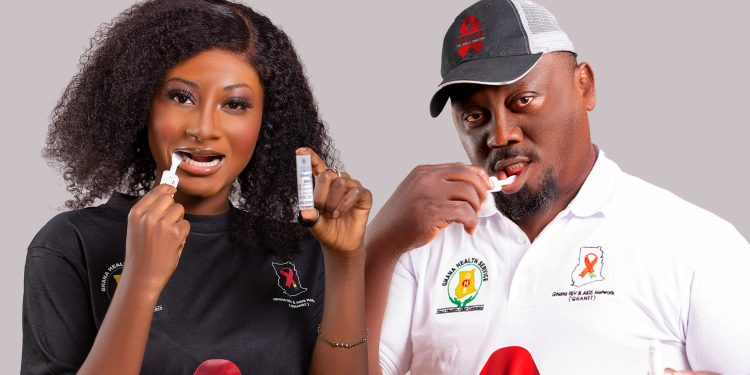
Dr. Akanbong noted that the preventive drug will be sourced internationally during its initial phase, with plans to transition to local production by late 2026 or early 2027. Talks are ongoing with domestic pharmaceutical companies, with technical and financial support from the German development agency GIZ.
“Together with GIZ, we are on track. Ghanaian pharmaceutical organisations are positioning themselves to manufacture these products locally, which is critical for long-term sustainability,” he explained.
While the specific drug to be used was not named, it is likely to be a form of Tenofovir-based PrEP, which is commonly used in global HIV prevention programmes.
Local production could also boost Ghana’s pharmaceutical sector, which has been striving to reduce dependence on imported medications and build self-reliance in public health supply chains.
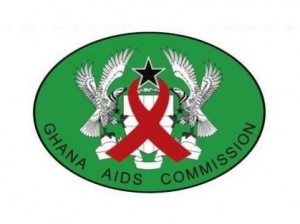
According to the Ghana AIDS Commission’s 2024 Annual Report, key populations such as sex workers, men who have sex with men (MSM), and serodiscordant couples continue to face higher risks of HIV transmission. Adolescent girls and young women also represent a growing share of new infections, especially in urban centres like Accra, Kumasi, and Takoradi.
The rollout of the preventive drug is expected to prioritize these vulnerable groups. Community-based health organisations will play a key role in sensitisation campaigns, education, and distribution.
Ghana has already seen success with pilot PrEP programmes. In 2023, a limited distribution in selected districts in the Ashanti and Greater Accra regions recorded high uptake and adherence, according to data from the National AIDS/STI Control Programme (NACP).
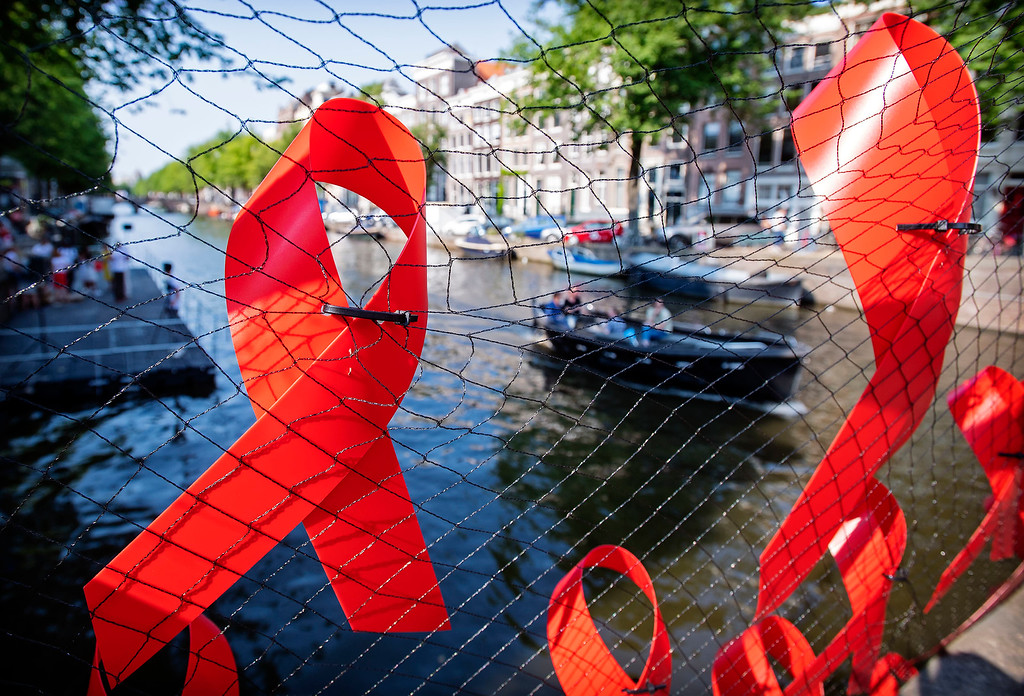
Ghana’s initiative aligns with global targets to end AIDS as a public health threat by 2030, as outlined by the Joint United Nations Programme on HIV/AIDS (UNAIDS). Access to PrEP is considered a cornerstone of prevention, particularly in resource-limited settings.
Across Africa, countries like South Africa, Kenya, and Uganda have already incorporated PrEP into their public health systems. Ghana’s entry into this space, coupled with plans for domestic manufacturing, could inspire similar efforts in West Africa, where PrEP adoption remains limited.
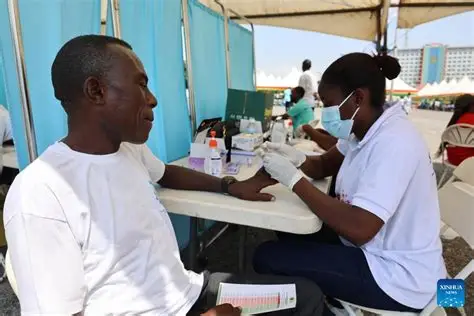
The Ghana AIDS Commission views this move as a long-term investment in both public health and the pharmaceutical industry. If successfully implemented, it will reduce pressure on treatment services, lower new infection rates, and support Ghana’s broader health independence goals.
“The long-term vision is clear a Ghana where new HIV infections are rare, and access to prevention is universal,” said Dr. Akanbong.
Timeline: Ghana’s Key HIV Response Milestones
1986 – First HIV Case Confirmed in Ghana
The country recorded its first case of HIV/AIDS, leading to the establishment of emergency response teams and awareness campaigns.
1992 – Ghana AIDS Commission Established
The Ghana AIDS Commission was set up under the Ministry of Health to coordinate national efforts in prevention, treatment, care, and support.
2003 – Introduction of Free Antiretroviral Therapy (ART)
With support from the Global Fund and other donors, Ghana began providing free ART to eligible persons living with HIV, reducing AIDS-related deaths significantly.
2010s – Expansion of HIV Testing and Prevention
Rapid diagnostic testing was rolled out across the country. National campaigns began targeting high-risk groups including sex workers and MSM (men who have sex with men).
2016 – Introduction of Option B+ for Pregnant Women
Ghana adopted the WHO-recommended Option B+ strategy, ensuring all HIV-positive pregnant women received lifelong ART to prevent mother-to-child transmission.
2022 – Pilots of Pre-Exposure Prophylaxis (PrEP) Begin
Small-scale PrEP rollout began in Greater Accra and Ashanti regions targeting high-risk groups. These pilots showed promising levels of uptake and adherence.
2025 – Announcement of Nationwide PrEP Rollout for 2026
Ghana AIDS Commission confirmed plans to introduce a nationally available HIV preventive drug, with the intention of scaling up to domestic production by 2027.
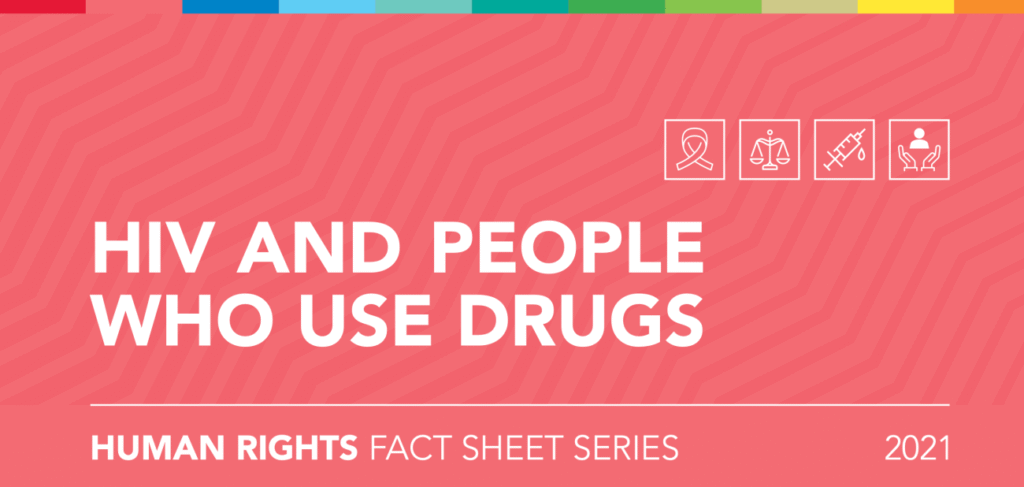
As Ghana prepares for the 2026 launch of its HIV preventive drug, the country is taking a proactive stance in reshaping its HIV response. With a combination of international collaboration, local industry development, and public health strategy, Ghana has the potential to not only reduce HIV infections but also serve as a leader in West Africa’s HIV prevention landscape.
Read also: Ghana Rolls Out Free HPV Vaccine for Girls Aged 9–14 to Curb Cervical Cancer

